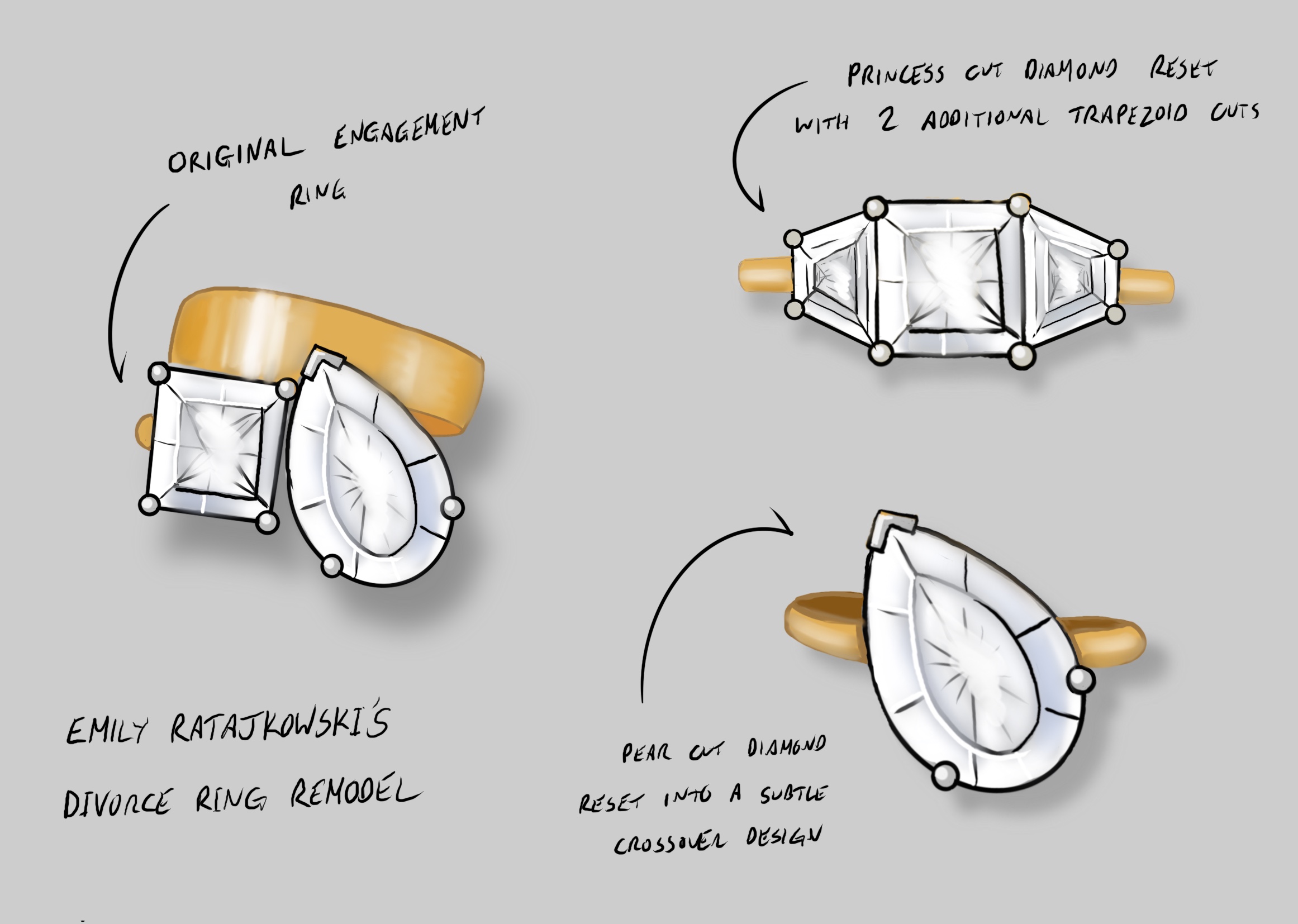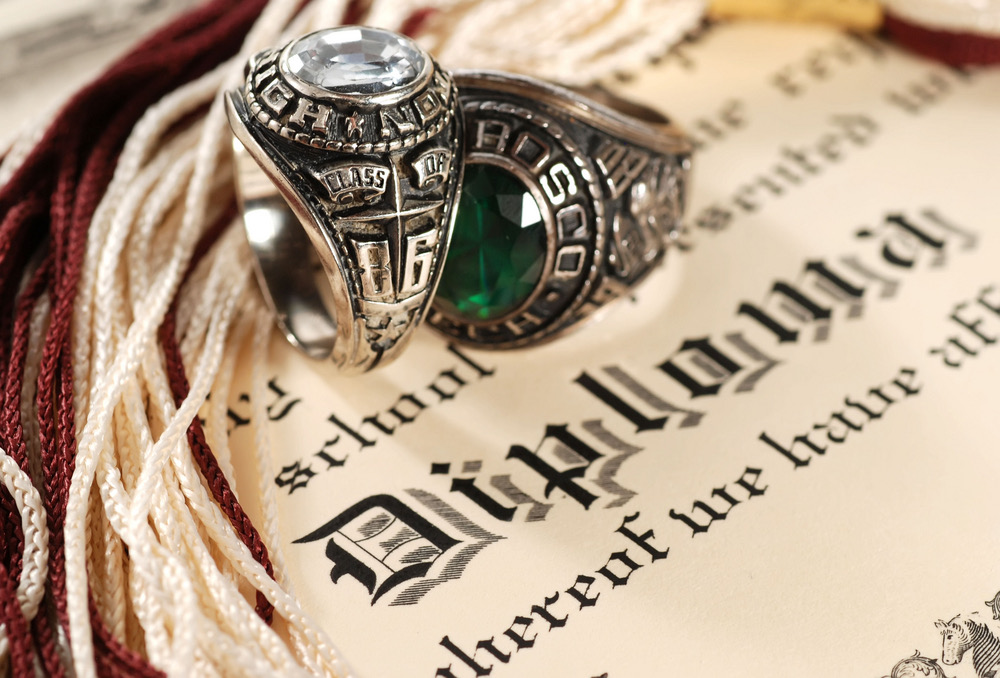
Transforming Pain into Beauty: The Rise of Divorce Rings
Transforming Pain into Beauty: The Rise of Divorce Rings In jewellery a Diamond is usually a symbol of love whether
choose a stone…
choose a setting…
choose a metal…
choose a finish…
…choose ring
21 Meeting House Lane
Brighton East Sussex
BN1 1HB
1273 773 544
21 Meeting House Lane
Brighton
East Sussex
BN1 1HB
Categories:
When you are setting out to buy jewellery, whether it is a diamond engagement ring, a wedding ring, or a gift, it can be a little daunting to say the least. One of the biggest problems for the public when they are looking for jewellery is knowing that they are getting value for money. So what should you look for when buying jewellery, what questions should you ask & what are the ‘tricks of the trade’ used by less the reputable jewellers like the one in our photo?
DIAMOND ENGAGEMENT RINGS – The trick less reputable jewellers use when it comes to selling diamond engagement rings is to basically lie about the grade of their diamonds. To avoid this look for laboratory graded diamonds. At RING jewellers we use the GIA & Anchorcert laboratories. They are independent laboratories & we pass the certificates & grading they supply on to our customers free of charge. Look out for shops telling you that laboratory graded diamonds are more expensive. This is only the case when the non-certificated have not been graded accurately ie they are cheaper because they are lower grades sold as better stones! Any diamond weighing 0.25ct or above should be laboratory certificated. As the jeweller has to pay the lab or his stone supplier for certification it is unfortunately not economical to certificate very small diamonds ie those in wedding & eternity rings.
WEDDING RINGS – Unless it is a really complex design wedding rings do not have a huge amount of labour costs so what you are really paying for is the weight of precious metal. The problem is that the terminology used in jewellery shops like ‘light weight’, ‘medium weight’ & ‘heavy weight’ does not really mean anything because there is no governing body regulating what these phrases actually mean. The result is shops selling supposedly ‘heavy weight’ rings that are extremely thin & flimsy that do not last. At RING jewellers we make all of our jewellery to a good weight & strength.
HALLMARKING – What ever jewellery yo are buying look for hallmarked precious metal. A lot of imported jewellery has a basic purity mark that has been stamped by a workshop & has not been independently tested. 18ct gold for example could have any of these stamps: ’18’, ’18ct’, ’18k’, or ‘750’. None of these on their own is a hallmark. The piece should be accompanied by other stamps like the symbol for the Assay office (ie the Anchor of Birmingham or the Leopards head of London) & a makers mark. The only exceptions are very light weight items. Or some silver pieces that have a larger weight allowance before they require hallmarking. Look for a full British hallmark especially of Gold, Platinum & Palladium items.
RECEIPT – Whatever you buy in a jewellery shop make sure you ask for a detailed description of the jewellery on the receipt. This means trading standards will protect you if you buy something that does not turn out to be as it was described.
SALES – High end jewellery is made up of components that are commodities like gold & diamonds. They are traded like currency. These commodities do not lose their value like clothing that plummets in value if it is out of season or worse still ‘out of fashion!’. Bear this in mind when you see a ring that ‘WAS £3000 NOW £500’ do you think it is worth the original ticket price? Let me think mmmmm no it never was! If it was it would be like selling a £20 note for 50 pence.
SUMMARY – So in conclusion look for laboratory graded diamonds, fully hallmarked jewellery & jewellery that is made to a high finish & a good weight & thickness.

Transforming Pain into Beauty: The Rise of Divorce Rings In jewellery a Diamond is usually a symbol of love whether

Which finger is the engagement ring worn on? In the UK, as with many other Western countries, an engagement ring

U.S. Graduation Rings And The Symbolism Behind Them As Super Bowl LVIII (58) comes to an end the Kansa City
Tel: +44 (0) 1273 773 544
Email: ringdesign@hotmail.co.uk
21 Meeting House Lane
Brighton
East Sussex
BN1 1HB
Open 7 days a week
Mon-Sat: 10:30am – 5pm
Sun: 11am – 4:30pm